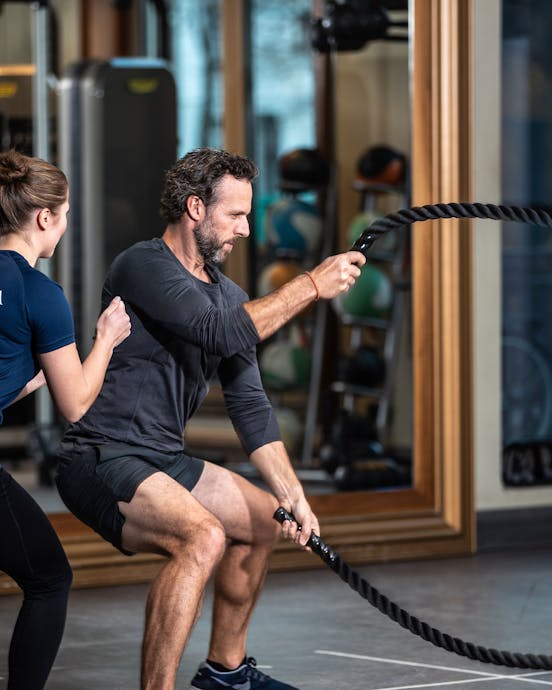Author: Jess Robson, Mental Health Speaker & Founder of Run, Talk, Run
Absolutely no one ‘feels’ like a runner before they start running. Somehow we all fall under the illusion that everyone else was born with this natural ability to move their legs faster than we can, and that they know something we don’t. The truth is, any runner will have been in your position once upon a time; starting out in this physical pursuit feeling unsure if they are ‘looking the part’. I know that I let my own insecurities and imposter syndrome stop me starting the running game for WAY too long.
Here is what I wish I’d known so I could stop getting out of my own way:
1 It’s meant to feel hard.
When you start running for the first time, your lungs will hurt, your legs will hurt, and it’ll likely feel quite crap. This is 100% normal – running isn’t easy! The running influencers and athletes who make it look easy are either lying or not telling you the full picture. It gets easier with time.
2 No one is actually watching you.
You don’t look silly. And even if you do, no one is actually watching you. Everyone you pass in the street is so wrapped up in their own lives, problems, itinerary for the day that they are unlikely to notice you huffing past.
3 Community makes it easier.
I know it seems super scary to surround yourself with other runners right now, but finding yourself a beginners’ group can be a great way to meet people who are on the same journey as you. Run, Talk, Run is a great community for this, with groups being hosted throughout the UK and globally. (It’s OK if you have to walk a bit!)
4 You don’t need expensive kit.
Again, social media needs to be held accountable for making the latest running brands’ expensive kit seem like the ONLY way to get better at running. Consistent training and recovery will make you a stronger runner, not the kit.
5 You don’t need to be faster with every run.
In the early days, you’ll likely find yourself improving very quickly, with runs getting faster and faster. It’s perfectly OK to drop back down to a slower pace sometimes and enjoy moving for the sake of moving. In fact, this will be beneficial to your running game long term too.
6 You don’t need to be training for a big race.
Once you become a runner, people will often ask what you’re training for. You can be training for a whole host of reasons that do not have to include a race or a big scary distance. Train for your mind, your health, or simply to escape the children if you so wish! Races are there if you want to use them as a motivator but they are not essential to being a ‘runner’.
7 You might have to let go of an old identity.
When you start spending your time running, you might have to stop spending your time doing something else, for example, Netflix time might become running time. Your identity will shift a little bit with this, but running can be a useful time to process this shift.
8 Not everyone will ‘get it’.
As mentioned above, not everyone is going to understand this shift in your hobbies and identity. Remember, if the people around you are struggling to support you in your running, this is a reflection of their own insecurities and concerns. You do not have to justify your new love for running to anyone (unless you want to).
9 You will plateau.
Decide whether this bothers you, and do something about it if so. There are some excellent running coaches who will be able to help you progress if you find yourself frustrated. Jake Taplin is brilliant at helping beginners in their journey.
10 It doesn’t have to become your entire world.
#Runfluencers are definitely a ‘thing’, and they can appear to have their entire life revolving around their running. This is likely to actually be true for a lot of those people, but that doesn’t mean it has to be true for YOU. It’s totally OK if running takes up a very small space in your world. You’re still totally justified in talking about your running on social media if this is so.
In summary, it’s important to note that whatever your ‘why’ is for starting to run, it mightn’t be the same as someone else’s ‘why’, and so your journey is likely to look very different to what we see online. We all know that comparison is the thief of joy, and yet it can be so easy to forget this when we are trying to learn from our running peers.
We seek support and validation from the running community that we are doing things ‘right’ when truly, the only one capable of validating the experience is yourself. Give yourself a pat on the back and get out there!



